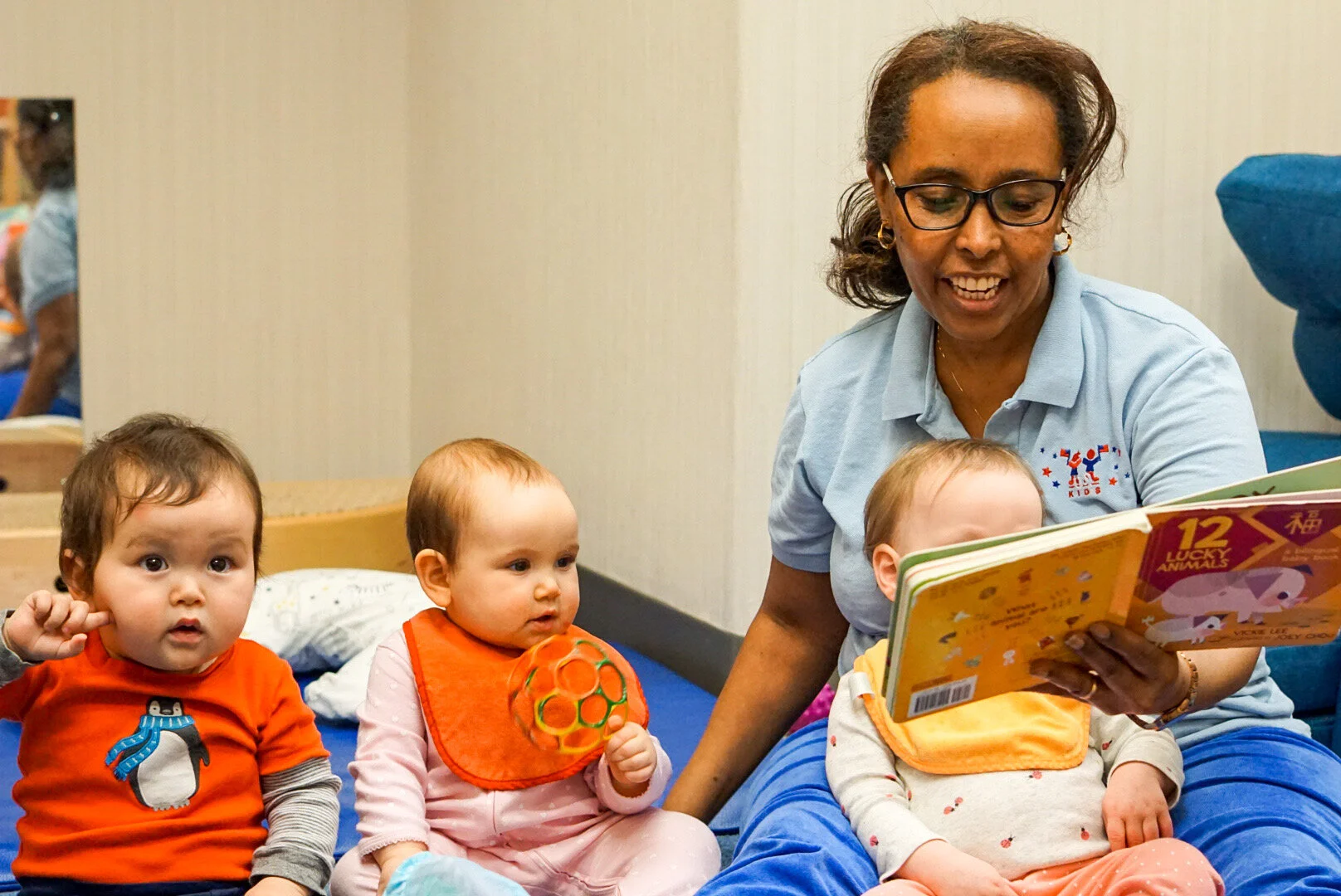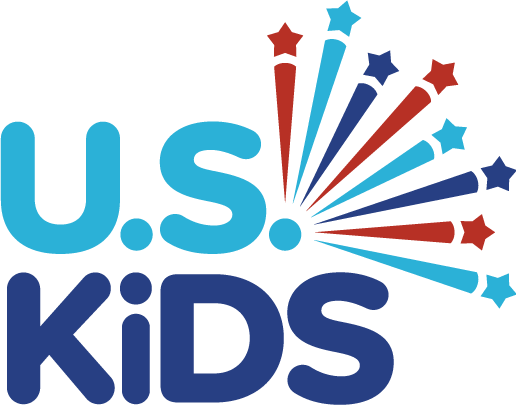
Frequently Asked Questions
What is your policy on peanuts and/or tree nuts?
Due to the extreme nature of allergic reactions to peanuts, other nuts, and products containing nuts in some children, US Kids prohibits consumption of nuts and/or foods containing nut products.
What about food?
US Kids’ curriculum focuses on developing healthy, well-balanced eating habits. The Center provides written menus, posts them where families can see them, and has copies available for families. Menus will also be placed in your child’s mailbox monthly.
Aside from infants, all meals are family style. Children sit at tables to promote good manners, eating habits and socialization skills. Staff will encourage children to eat their main entrée first, followed by vegetables. US Kids will provide water for children who wish to have it with lunch. Healthy snacks will be served and children will always be encouraged to taste everything.
Please inform your child’s teachers if you are going to provide an alternative lunch or snack for your child.
For each child with specific health care needs or food allergies or special nutrition needs, the child’s health provider should give the Center an individualized care plan that is prepared in consultation with family members and specialists involved in the child’s care. The Center protects children with food allergies from contact with the problem food. The Center asks families of a child with food allergies to give consent for posting information about that child’s food allergy and, if consent is given, then posts that information in the food preparation area and in the areas of the facility the child uses so it is a visual reminder to all those who interact with the child during the day.
Foods that come from home for sharing among the children must be either whole fruits or commercially prepared packaged foods in factory sealed containers.
What about breastfeeding and breast milk?
Breastfeeding mothers are welcome to come to the Center during the day to feed their child. Appropriate, private feeding locations will be made available. Please discuss your desire to come to the Center to breastfeed your child with the classroom teacher.
The program supports breastfeeding by:
Accepting, storing, and serving expressed breast milk for feedings;
Accepting breast milk in ready-to-feed sanitary containers labeled with the infant’s name and date and storing it in a refrigerator for no longer than 48 hours (or no more than 24 hours if the breast milk was previously frozen) or in a freezer at 0 degrees Fahrenheit or below for no longer than three months;
Ensuring that staff gently mix, not shake, the milk before feeding to preserve special infection-fighting and nutritional components in breast milk; and
Providing a comfortable place for breastfeeding and coordinating feedings with the infant’s mother.
